DNP 40caps/100mg
$85.00 Original price was: $85.00.$72.00Current price is: $72.00.
Chemical Name : 2,4-Dinitrophenol (%99 crystalline)
Product Form: 100mg/capsules, 40caps per box
In Stock
DNP 40caps/100mg
DNP 40caps/100mg exerts its effects within the cell, more specifically within the membrane of the mitochondria. The advantage of intracellular mechanisms of action such as this is that a tolerance to DNP cannot develop. To make a long story short, DNP makes the process of ATP formation very inefficient. Why is this important? Because ATP is the energy unit needed to drive all our biochemical reactions in our body that is necessary to keep us alive. The cells in our body constantly need energy (ATP) to stay alive. The amount of ATP needed to keep a person alive depends on his/her basal metabolic rate. By making ATP formation inefficient, a person’s basal metabolic rate can increase indefinitely, but for practical uses, basal metabolic rate can safely increase by 30-50% without putting one’s life in danger. It is not unheard of for people to lose up to one pound of pure fat per day while on DNP.
If you’re not familiar with ATP, it’s what the Calories that are stored in carbs, fats, and proteins are eventually turned into. In other words, the energy that is stored in the macromolecules are transferred to the ATP molecule, but DNP disrupts this process. Instead of making ATP from macromolecules in the presence of DNP, the potential energy is just turned into heat. This is very significant because ATP levels in the body will quickly diminish and cells want to replenish that storage by breaking down more fats, carbs, etc. As you can see, a patter quickly develops where ATP levels will constantly be below normal and the body will always be trying to burn more fats, carbs, and proteins to help replenish the ATP levels. This is no different than doing aerobic exercises such as jogging, biking, etc, except while on DNP, the body is doing the aerobic. Dosage is 2-6mg/1 kilo body weight .An anti allergic drug should be added to cycle.
Be the first to review “DNP 40caps/100mg” Cancel reply
Related products
Oral Steroids
In Stock
Oral Steroids
In Stock
Oral Steroids
In Stock
In Stock
Oral Steroids
In Stock
Oral Steroids
In Stock
Oral Steroids
In Stock
Oral Steroids
In Stock


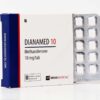
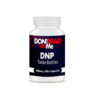
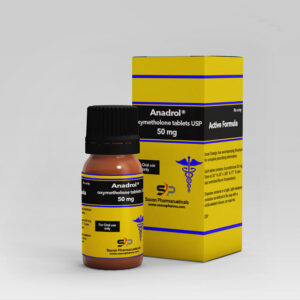
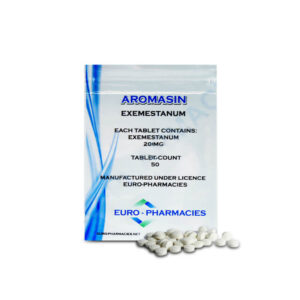
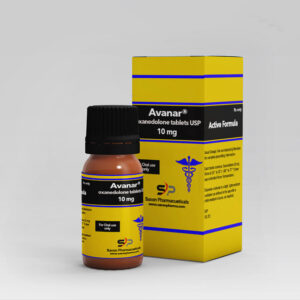
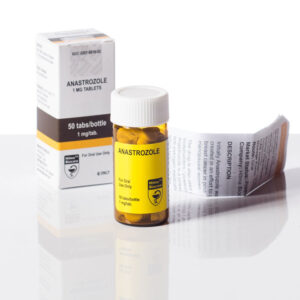
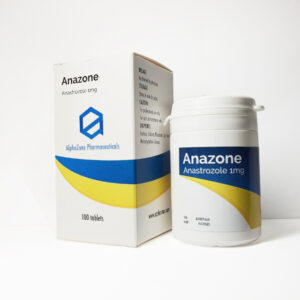
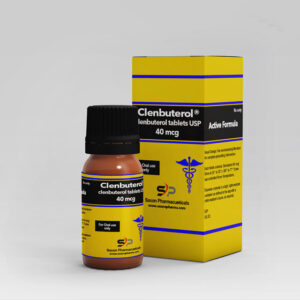

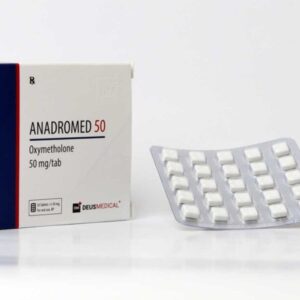
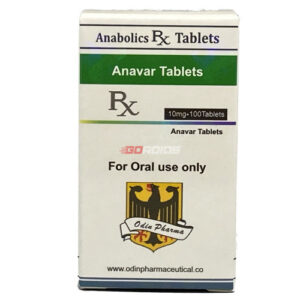
Reviews
There are no reviews yet.